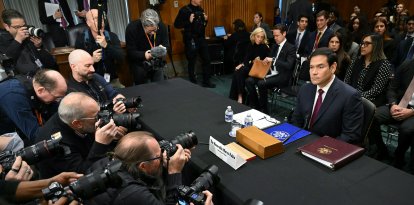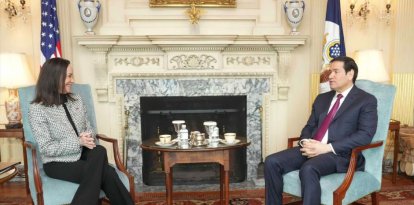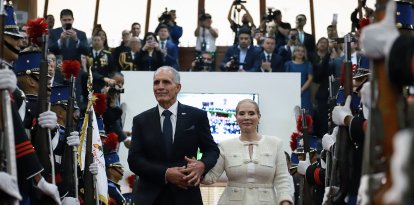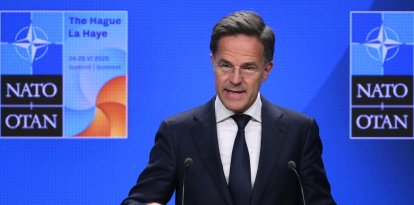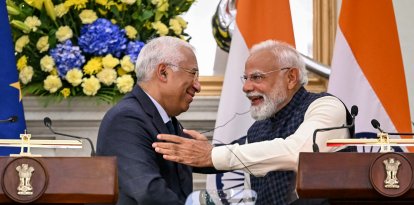G20 Summit ends without major agreements: no consensus on wars or the 'energy transition'
The Argentine president, Javier Milei, stood out as one of the leading figures in challenging the globalist agenda, defending national autonomy and promoting market freedom.

World leaders after the third session of the G20 in Rio de Janeiro, Brazil.
The G20 summit in Rio de Janeiro concluded with an agenda marked by ambitious proposals, albeit with few tangible advances. Brazilian President Luiz Inácio Lula da Silva pushed issues such as "energy transition," sustainable development and reform of multilateral institutions, but concrete results were limited.
Lula and his climate agenda
President Lula again focused his speech on climate change and equitable development, demanding that rich countries assume greater responsibilities. However, his demands met with resistance among G20 leaders.
Divisions over Ukraine and the Middle East
The final G20 statement avoided explicitly condemning Russian aggression in Ukraine, reflecting differences between the United States, Europe, China and Russia. Although leaders such as German Chancellor Olaf Scholz expressed frustration at the lack of consensus, Lula sought to maintain the bloc's unity at the cost of omitting more forceful positions.
In the Middle East, calls for ceasefires in Gaza and Lebanon highlighted global concern over the escalation of violence. However, U.S. backing for Israel and tensions between member countries limited concrete actions.
The Global Alliance Against Hunger and Poverty
The summit also launched the Global Alliance against Hunger and Poverty, promoted by Brazil, with the backing of 82 countries. However, Javier Milei disassociated himself from the sustainable development goals, stating that Argentina signed the declaration with reservations about the 2030 Agenda, and defended free market capitalism as a solution to poverty, in contrast to Luiz Inácio Lula da Silva's vision.
A progressive approach under scrutiny
Lula used the summit to promote reforms in multilateral institutions and advocate for greater global economic equity. However, the resistance from figures such as Milei, who questioned gender equality policies and the use of global taxation, reflects the growing rejection of socialist policies that promote more state intervention at the expense of economic freedoms.
Milei challenges the globalist agenda
Javier Milei openly rejected Agenda 2030 and the policies imposed by multilateral organizations. His criticism of global governance underlines his stance in defense of national autonomy and market freedom. According to Milei, G20 interventions on issues such as climate change and wealth redistribution are an attempt to impose a global order that ignores the fundamental rights and sovereignty of countries.
The future of the G20 under South Africa's leadership
In a brief ceremony at the Museum of Modern Art in Rio de Janeiro, Lula announced the transfer of the G20 presidency to Cyril Ramaphosa, president of South Africa. Although Lula stressed the importance of this global leadership, the 2025 priorities, such as inclusive growth and food security, face the challenge of materializing in an increasingly polarized international scenario. With a divided G20 and pressure from increasingly contested progressive policies, it remains to be seen whether these obstacles can be surpassed in the near future.

















